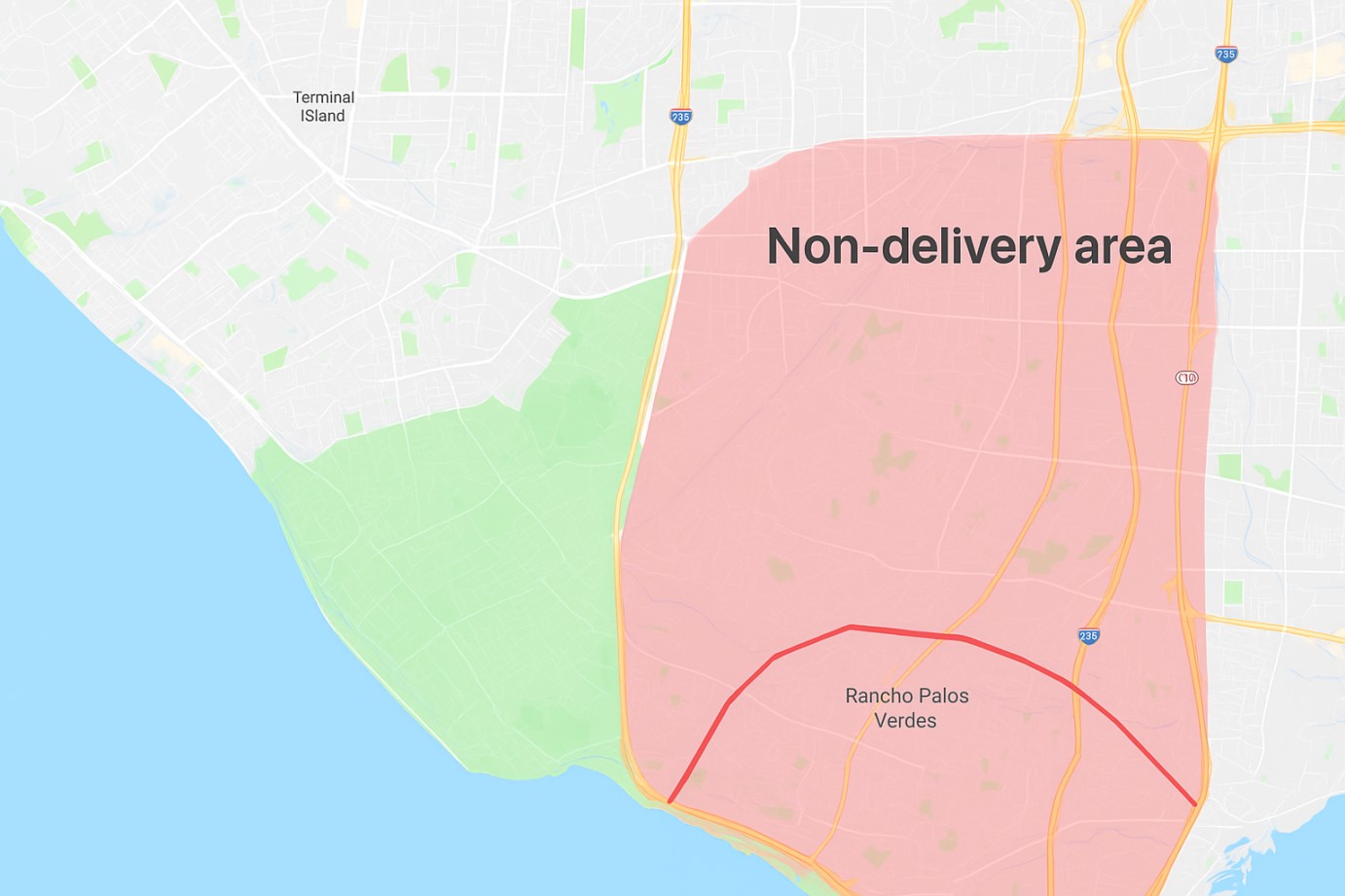This website uses cookies so that we can provide you with the best user experience possible. Cookie information is stored in your browser and performs functions such as recognising you when you return to our website and helping our team to understand which sections of the website you find most interesting and useful.
Let’s dive into the load_script_translations filter, a nifty tool in WordPress for filtering script translations for a given file, script handle, and text domain. As an Indian developer, I’d recommend using this filter by registering it with add_filter. You can place this code in the functions.php file of your active theme or better yet, in a custom WordPress Plugin. We always prefer the plugin approach to ensure nothing breaks when updating your WordPress theme.
Here’s a quick look at how you can use and modify this hook effectively.
Example 1: Basic Usage
In this example, we create a function weplugins_modify_load_script_translations_defaults that modifies the $translations variable. It’s registered using add_filter.
function weplugins_modify_load_script_translations_defaults($translations, $file, $handle, $domain) {
// Update the $translations variable as needed.
return $translations;
}
// add the filter
add_filter( "load_script_translations", "weplugins_modify_load_script_translations_defaults", 10, 4 );
Example 2: Removing a Hook Callback
If you need to unregister a hook, use remove_filter as shown in the example below.
remove_filter( "load_script_translations", "weplugins_modify_load_script_translations_defaults", 10, 4 );
Ensure you provide the same callback function name, priority, and number of arguments when removing the hook callback.
Example 3: Conditional Modification
Let’s say you want to conditionally change the $translations based on some logic. You can do it like this:
function weplugins_conditional_translation_modification($translations, $file, $handle, $domain) {
if ($handle === 'my-script') {
// Custom logic for 'my-script'.
$translations = 'Custom Translations';
}
return $translations;
}
add_filter( "load_script_translations", "weplugins_conditional_translation_modification", 10, 4 );
These examples should give you a solid start in utilizing the load_script_translations filter in your WordPress projects. If you need any customization or run into issues, feel free to reach out.
Contact Us if you need any customization. Visit WePlugins Contact Page.
Explore the latest in WordPress
Trying to stay on top of it all? Get the best tools, resources and inspiration sent to your inbox every Wednesday.




